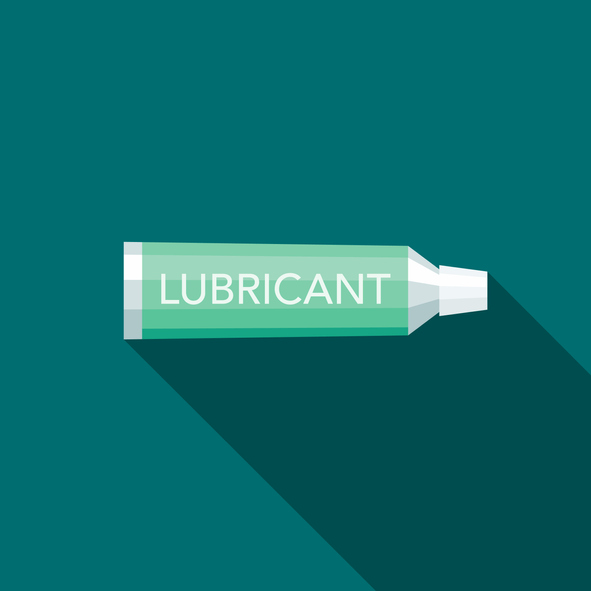
Source: bortonia / Getty
There are some women who when the mood strikes and they’re engaging in foreplay with their partner, have no issues getting wet for sex. For others though, it’s not always so easy. In fact, vaginal lubrication can decrease as you age, sexual stimulation of certain hot spots like the nipples and clitoris can go down, and simply put, sometimes you’re just not feeling it. You’re stressed, your partner isn’t getting you there or you’re just going through the motions. (In the latter cases, just don’t do it, sis.)
When that happens, engaging in sexual intercourse can be very uncomfortable due to vaginal dryness. While some might choose to just throw in the towel on the whole act, others may choose to reach for a lubricant. To be specific, 48.36 million Americans reach for a personal lubricant according to statistics for 2019. But what is the right lubricant for you?
The first step to buying the right personal lubricant is to know your options. Two popular ones are water-based and silicone lubrication.
“Water based lubes are more natural feeling but do not last as long. Silicone-based lubricants contain silicone, which makes them more slippery, making it better for prolonged intercourse, but they don’t feel as natural,” said Maria Sophocles, MD, founding gynecologist at Women’s Healthcare of Princeton. “It’s a personal choice which one people prefer. One is not better than the other.”
If you choose not to go the silicone or water-based route (there’s also oil, but it’s not recommended with latex condoms), you can also get creative at home. Certain products and ingredients you can find in the kitchen or bathroom cabinet can also double as a safe homemade lubricant.
“Anything containing aloe, olive oil, coconut oil, flax seed oil, margarine, or Vaseline,” she said. “Yes, I said margarine. I know that might sound gross and weird but it’s perfectly okay to use.”
Flavored lubricants are also fine to use in the attempt to spice things (and wet things) up.
As for when all of these options are best to leave in the bedside drawer, Sophocles says they’re not recommended once you’re looking to start trying to conceive.
“When trying to conceive, we want things to be as natural as possible and we don’t want to risk that there’s any ingredients in lubes that could slow the movement of sperm in the vagina,” she said. “The best lube made for trying to conceive is called Pre-Seed. This one has been shown to be the most fertility-friendly for intercourse when trying for a baby.”
Overall though, lubricants can be a major asset in the bedroom when you need a little help to get ready for intercourse or solo play. However, using these products to wet the vagina shouldn’t become your go-to practice every time.
“If you require lube more often than not, you should see your doctor because you may have vaginal atrophy, or the new term is ‘genitourinary syndrome of menopause’ and this can be treated with medications or laser treatments,” Sophocles said. “But while these improve the symptoms they don’t necessarily improve the vaginal cells. For persistent dryness, I would also recommend using a vaginal moisturizer such as Replens that works to provide moisture back into the vaginal cells.”
All that being said, there’s no shame in needing some help to get you there sometimes. Just make sure what you’re using will not only set the mood right, but is also healthy for your vagina and comfortable for you.









